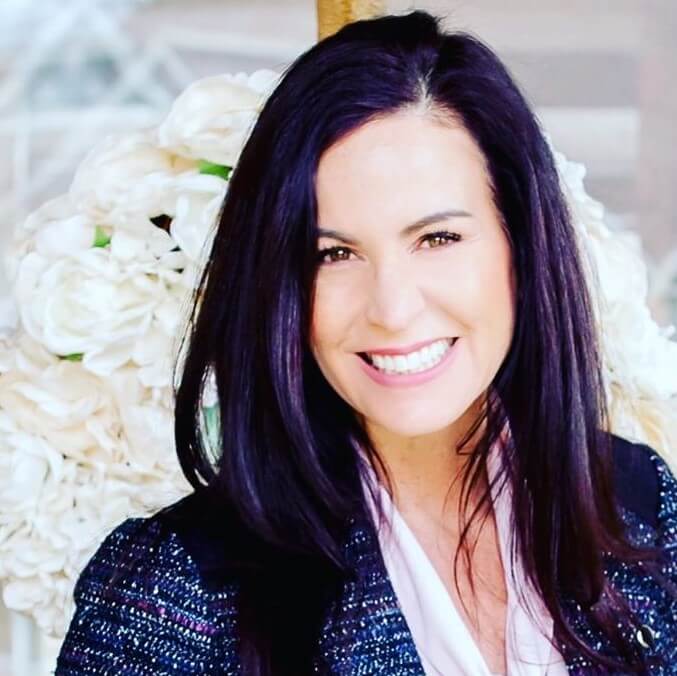Have you asked yourself, “Am I an Alcoholic?”
Ah yes, the ultimate question. The granddaddy of questions that brings an overabundance of unwanted embarrassment and shame.
Let’s be real! Nobody wants to learn they may be a problematic drinker. Not one person strives to earn that title.
It’s natural to ask this question when you’re drinking an entire bottle of wine instead of just one glass. Or maybe you’re downing a six-pack of beer after a long day of work. Whatever brought you to this point, applaud yourself for taking the first step.
I was told years ago, “If you think your drinking is a problem, it’s most likely a problem”. Wow, right to the point! No other discussion is needed. Simple, black and white. But is it that easy and is it really that binary?
The reality is there are signs, symptoms, and obvious consequences that will tell you if you have a problem.
So, could you be an alcoholic?
A 2015 study performed by The Diagnostic and Statistical Manual of Mental Disorders, 5th edition, defines Alcohol Abuse Disorder (AUD) as three categories; mild, medium, and severe. Out of 11 symptoms, if you identify with just two in a 12-month timeframe, you are considered to have AUD.
Symptoms of AUD include:
- Drinking more than intended.
- Experience unsuccessful attempts to control usage.
- Putting in an extreme effort to obtain alcohol (making sure you have alcohol on hand)
- Experiencing cravings, urges, and desires to drink alcohol.
- Performance at home and/or work is being sacrificed.
- Experiencing personal problems with loved ones because of alcohol use.
- Social obligations are not being met. (missing your kid’s big game, for example)
- Choosing to use alcohol in hazardous situations, such as driving.
- Continuing to use alcohol in spite of experiencing physical problems (such as health issues) and psychological problems.
- An increase of tolerance to alcohol – needed more to receive the same effect.
- Experiencing withdrawal symptoms when alcohol is not present.
There are clear indicators for someone that is classified as having severe AUD, commonly known as alcoholism. Most often, it is someone that is physically dependent on the drug. This typically means their life has become unmanageable and are experiencing negative consequences because of their drinking. It is recommended to be seen and diagnosed by a medical professional for treatment options and plans.
Statements have been made that only 10% of excessive drinkers identify as being an alcoholic.
Let’s define excessive drinking:
Men: More than 4 drinks in one day OR more than 14 drinks per week.
Woman: More than 3 drinks in one day OR more than 7 drinks per week.
What is considered ONE drink:
5 oz. wine
12 oz. beer
8 oz. malt liquor
1 ½ oz. liquor
Ask yourself, “Am I pouring a 5 oz glass of wine?” If you’re being honest, you might be pouring closer to 8 oz. The danger of this is obvious. What you think is just one-two glasses could really be three-four glasses.
But what if your life appears manageable? What if you seem to be living a “normal” life with no obvious consequences? What if you can control your consumption from time to time, or what if you have tried stopping for a few days/weeks and did okay? Does this mean you aren’t an alcoholic? Does this mean you are considered a gray area drinker?*
If you are not experiencing physical dependence and severe health problems, you most likely are a gray area drinker.* This doesn’t mean you aren’t in harm’s way. As a matter of fact, it is a place to recognize and take action BEFORE you experience a fallout or rock-bottom. If this sounds like you, take notice of your behavior and get honest. This is your wake-up call.
Some questions to ponder:
- Have you been comparing your drinking habits to others?
- Have you dreaded another day of work because you are hungover and promised yourself this would be the last time?
- Are you tired of feeling guilty because of your drinking?
- Do you experience blackouts when you’re intoxicated?
- Have you ever drunk-texted or posted something on social media while intoxicated, only to realize it after the fact?
- Have you missed important events or family time because of your drinking? Has a family member talked to you with concern?
- Are you hiding or lying about your drinking?
The little voice in your heart is already whispering to you. If you suspect there is an issue, most likely you are correct. In other words, if you think you might have a problem with your relationship with alcohol, you probably have a problem. But this doesn’t necessarily mean you’re an alcoholic. It means you have some deeper questions to uncover to learn your truth.
Don’t try to do it by yourself. Ask for help. Talk to your loved ones or a trusted friend. When you are ready to take action, there are multiple options to choose from including; your physician, 12-step programs, a counselor, or private coaching. The key is to find a resource that you feel comfortable with. This will vary based on your comfort level and your personal situation.
Regardless of what you learn, rest assured you are not alone!
There is a beautiful gift waiting for you. Once you find your truth, clarity will come. Through clarity, freedom comes and from freedom, ultimate joy is discovered. It all starts with moving one foot in front of the other and taking action.
It’s not what you CAN’T have, it’s what YOU GET TO HAVE.
Want to know if you’re a gray arear drinker? Take the quiz to find out!
The National Institute of Alcohol Abuse and Alcoholism is a great resource. See more at https://www.niaaa.nih.gov/
Sources: The National Institute on Alcohol Use Disorder and Alcoholism & The Center for Disease Control and Prevention


